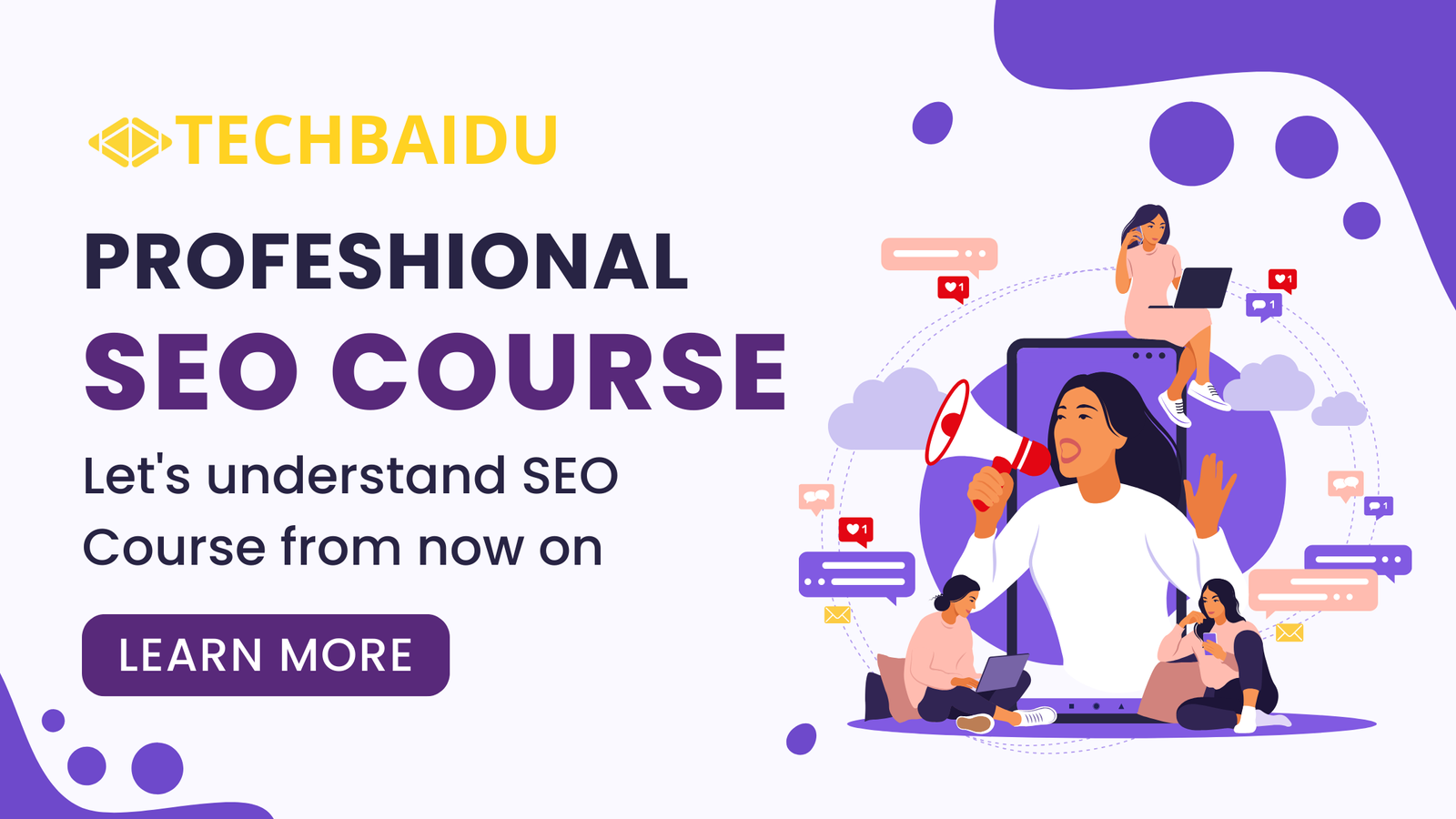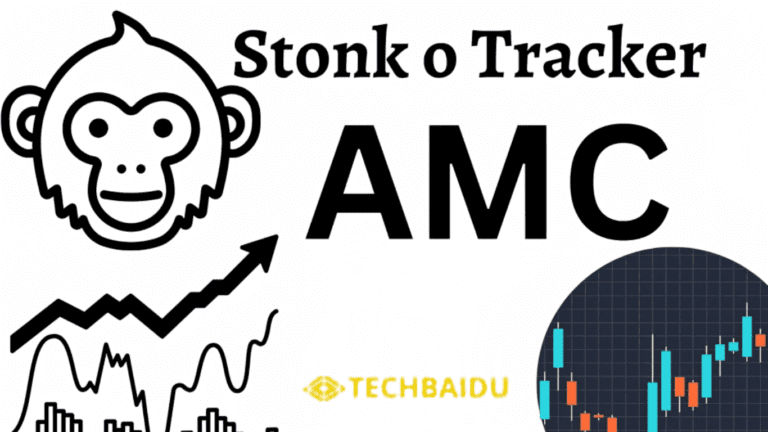SEO Complete Course in the present advanced scene, site design improvement (web optimization) has become irreplaceable for organizations and people trying to upgrade their internet-based presence and accomplish their computerized advertising objectives. This complete guide dives into the complexities of web optimization, carefully comprehending its standards, procedures, and methods to engage you to streamline your site and rank higher in web search tool results pages (SERPs).
Understanding the Fundamentals of SEO
Before diving into the practical aspects of SEO, it is crucial to grasp the fundamental concepts that underpin this powerful digital marketing tool.
What is SEO?
SEO stands for search engine optimization, a strategic approach to improving a website’s visibility and ranking in search engine results. By optimizing website content, structure, and external factors, SEO enhances a website’s relevance and authority, leading to higher positions in SERPs.
Why is SEO important?
SEO is pivotal in driving organic traffic to a website and attracting potential customers and clients without needing paid advertising. By increasing website visibility, SEO can:
- Boost website traffic.
- Generate qualified leads.
- Enhance brand awareness.
- Improve conversion rates.
- Drive sales and revenue.
How Search Engines Work
To successfully upgrade your site for web optimization, it is fundamental to comprehend how capable web search tools are. Web search tools like Google and Bing use complex calculations to creep, file, and assess sites, deciding their significance to explicit pursuit inquiries.
Crawling:
Search engines employ web crawlers, also known as spiders, to scan the vast expanse of the internet systematically. These crawlers follow links from one website to another, discovering and indexing new content.
Indexing:
Once discovered, web pages are stored in a vast database known as the search engine index. This index is a searchable content repository, enabling users to find relevant information quickly.
Ranking:
At the point when a client enters a pursuit inquiry, web crawlers examine the filed pages and decide their importance to the hunt terms. In light of a perplexing arrangement of variables, including catchphrase use, content quality, and backlinks, web search tools relegate rankings to each page, deciding its position in SERPs.
On-Page SEO: Optimizing Your Website’s Content and Structure
On-page SEO focuses on optimizing the internal elements of your website, including content, structure, and technical aspects, and enhancing its search engine visibility.
Keyword Research: Identifying Relevant Search Terms
Effective keyword research is the cornerstone of on-page SEO. By identifying relevant search terms that align with your target audience’s search intent, you can tailor your website’s content to attract organic traffic.
Meta Descriptions: Enticing Users with Concise Summaries
Meta descriptions are concise summaries of your website’s content displayed in SERPs. Compelling meta descriptions can entice users to click through to your website, increasing traffic and engagement.
Title Tags: Capturing Attention with Clear Headlines
Title tags are the titles of your web pages displayed in SERPs. Clear and concise title tags accurately reflect the content of your page and capture user attention, encouraging clicks.
Header Tags: Structuring Your Content for Readability
Header tags, such as H1, H2, and H3, provide a hierarchical structure to your website’s content. They signal to search engines the importance and relevance of different sections of your page.
Image Alt Tags: Making Images Accessible
Image alt tags provide alternative text descriptions for images, ensuring that search engines can understand their content and index them accordingly. Alt tags also enhance accessibility for visually impaired users.
Internal Linking: Navigating Your Website with Ease
Internal linking involves creating hyperlinks from one page within your website to another. This helps search engines understand the structure and relevance of your website, improving navigation and the user experience.
Off-Page SEO: Building Backlinks for Authority and Trust
Off-page SEO Complete Course focuses on acquiring backlinks from external websites, signaling to search engines that your website is authoritative and trustworthy.
Backlink Building: Earning Links from Reputable Sources
Backlink building involves creating high-quality backlinks from reputable and relevant websites. This can be achieved through guest blogging, social media engagement, and other outreach strategies.
Conclusion
Web optimization is a multi-layered and dynamic field requiring continuous learning and transformation. By dominating the standards and procedures illustrated in this exhaustive aid, you can advance your site, accomplish higher web search tool rankings, and drive natural traffic, impelling your site and business towards progress in the steadily developing computerized scene.
Download Now
FAQs
Q1. What is SEO?
Website design enhancement represents site improvement. It is a bunch of practices and methods to enhance a site’s permeability on web index results pages (SERPs). The objective is to increase natural (non-paid) traffic to the site.
Q2. Why is SEO important for a website?
Web optimization is urgent for sites since it assists them with positioning higher in web search tool results, prompting expanded permeability and natural traffic. This, thus, can upgrade brand mindfulness, believability, and transformations.
Q3. What does a complete SEO course cover?
A comprehensive SEO course typically covers various aspects, including keyword research, on-page optimization, off-page optimization, technical SEO, local SEO, mobile optimization, content creation, and analytics. It provides a holistic understanding of optimizing a website for search engines effectively.
Q4. Is SEO a one-time task or an ongoing process?
SEO is an ongoing process. Search engines continually update their algorithms, and competition for top rankings is fierce. Regularly updating and optimizing your website is necessary to maintain and improve your search engine rankings.
Q5. Can I learn SEO without any technical background?
Yes, many SEO courses are designed to cater to individuals with varying levels of technical expertise. A good SEO course breaks down complex concepts into understandable components, making them accessible to beginners while providing advanced insights for those with more specialized knowledge.
Q6. How long does it take to see results from SEO efforts?
The timeline for seeing SEO results can vary. Some changes may lead to quicker improvements, while others may take several months. Consistency, quality content, and adherence to best practices contribute to long-term success in SEO.
Q7. Are there any risks associated with SEO?
While ethical SEO practices pose no risks, engaging in black-hat SEO techniques, such as keyword stuffing or buying backlinks, can result in penalties from search engines. It’s important to follow best practices to ensure sustainable and positive results.
Q8. Is local SEO different from general SEO?
Yes, local SEO focuses on optimizing a website for local search. This includes optimizing location-based keywords, creating and managing Google My Business profiles, and obtaining local citations. It’s essential for businesses targeting a local audience.
Q9. How often should I update my SEO strategies?
Regular updates to your SEO strategies are necessary to stay current with search engine algorithm changes and industry trends. Review and adjust your strategy at least quarterly to ensure optimal performance.
Q10. Are there any tools that can help with SEO?
Numerous Web optimization devices, like Google Examination, SEMrush, Moz, and Ahrefs, can aid in catchphrase research, website investigation, and subsequent execution. A good SEO course often introduces these tools and teaches how to use them effectively.
1st: https://techbaidu.com/category/course/artificial-intelligence/
2nd: https://techbaidu.com/write-for-us-rankhighers-com/
3rd: https://techbaidu.com/category/crypto/
4th: https://techbaidu.com/trump-nft-watermark-a-saga-of-controversy-and-copyright/








